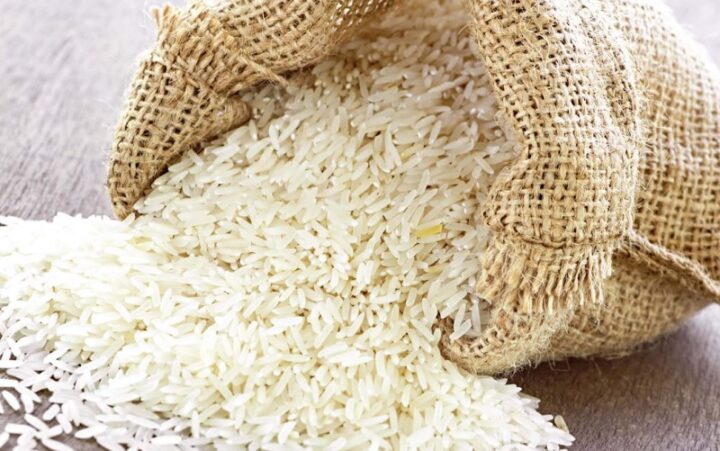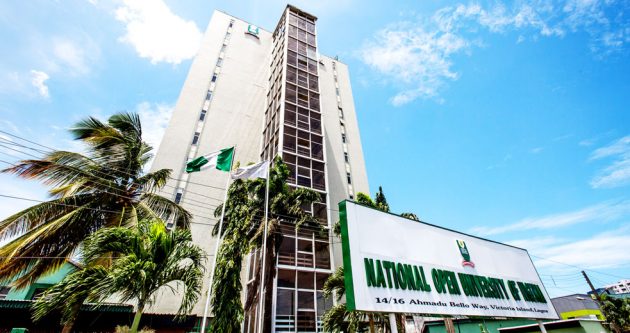The Rice Processors Association of Nigeria (RIPAN) says local rice production declined after borders were reopened.
Andy Ekwelem, director-general of RIPAN, spoke on the strategies for deepening and strengthening the country’s rice sub-sector towards more sustainable development, at news conference in Abuja on Tuesday.
RIPAN is an association of investors in integrated rice processing, formed as a direct response to the federal government’s deliberate initiative to grow local capacity in rice.
According to Ekwelem, the rice industry was the single largest employer of labour in Nigeria, providing jobs for over 13 million people.
Advertisement
“Our processing and milling activities contribute several thousands of direct employment and millions of indirect employment to the various stakeholders in the rice value-chain and other complementary sectors,” he said.
Commenting on the progress of the industry, Ekwelem said Nigeria now boasts of over 100 large-scale integrated rice processing facilities scattered across the country.
He added that the rice sector has enjoyed considerable support from the administration of President Muhammadu Buhari.
Advertisement
“Recall that president Buhari is a strong advocate of ‘grow what you eat and eat what you can grow’,” he said.
“To ensure that he walked his talk, through the Central Bank of Nigeria (CBN), he launched various programmes that encouraged local production and processing of rice.
“Programmes such as the anchor borrowers’ programme, the paddy aggregation scheme, the private sector-led accelerated agriculture development scheme and the real sector support facility (RSSF) were floated.
“They were deliberate strategies that encouraged indigenous and foreign business concerns to invest massively in the rice value chain.”
Advertisement
The RIPAN president also said to ensure that product dumping and other forms of international trade malpractice do not affect the huge private-sector investments as well as the various programmes of the government, the CBN placed restrictions on importation of food items including rice.
In 2020, according to Ekwelem, farmers produced as much as 8.2 million metric tonnes of paddy rice and another 8.4 million tonnes in 2021.
“At the time, all of the paddy produced was taken off by the rice processors/millers who processed them and supplied good quality finished rice to Nigerians,” he added.
“Even as the borders were closed and COVID pandemic raged on, Nigeria did not suffer from a lack of food, particularly rice.”
Advertisement
HOW BORDER REOPENING AFFECTED RICE PRODUCTION
Ekwelem, however, said the gains already made in terms of output began to reverse and deteriorate after the borders were reopened.
Advertisement
He called on Bola Tinubu, president-elect to sustain ongoing initiatives on food production for economic development.
In addition, he asked the incoming administration to emulate some of the laudable policies of the Buhari administration to boost food production.
Advertisement
“The numbers in metric tonnes [MT]of paddy rice produced by Nigerian farmers began to decline after the borders were reopened in 2022,” he said.
“Smuggling also commenced again in earnest, causing a drop in the volume of paddy off-take by the rice processors and millers.
Advertisement
“Indeed, it is on record that upon the reopening of our borders, official rice import to Benin Republic from Thailand rose from a meagre monthly average of 5,000 MT in 2019 to a monthly average of 26,861 MT in 2022.
“RIPAN hopes that the incoming administration will follow through with some of the laudable policies of the current administration as well as design and launch new ones to further strengthen and sustain the Nigeria rice industry. “






